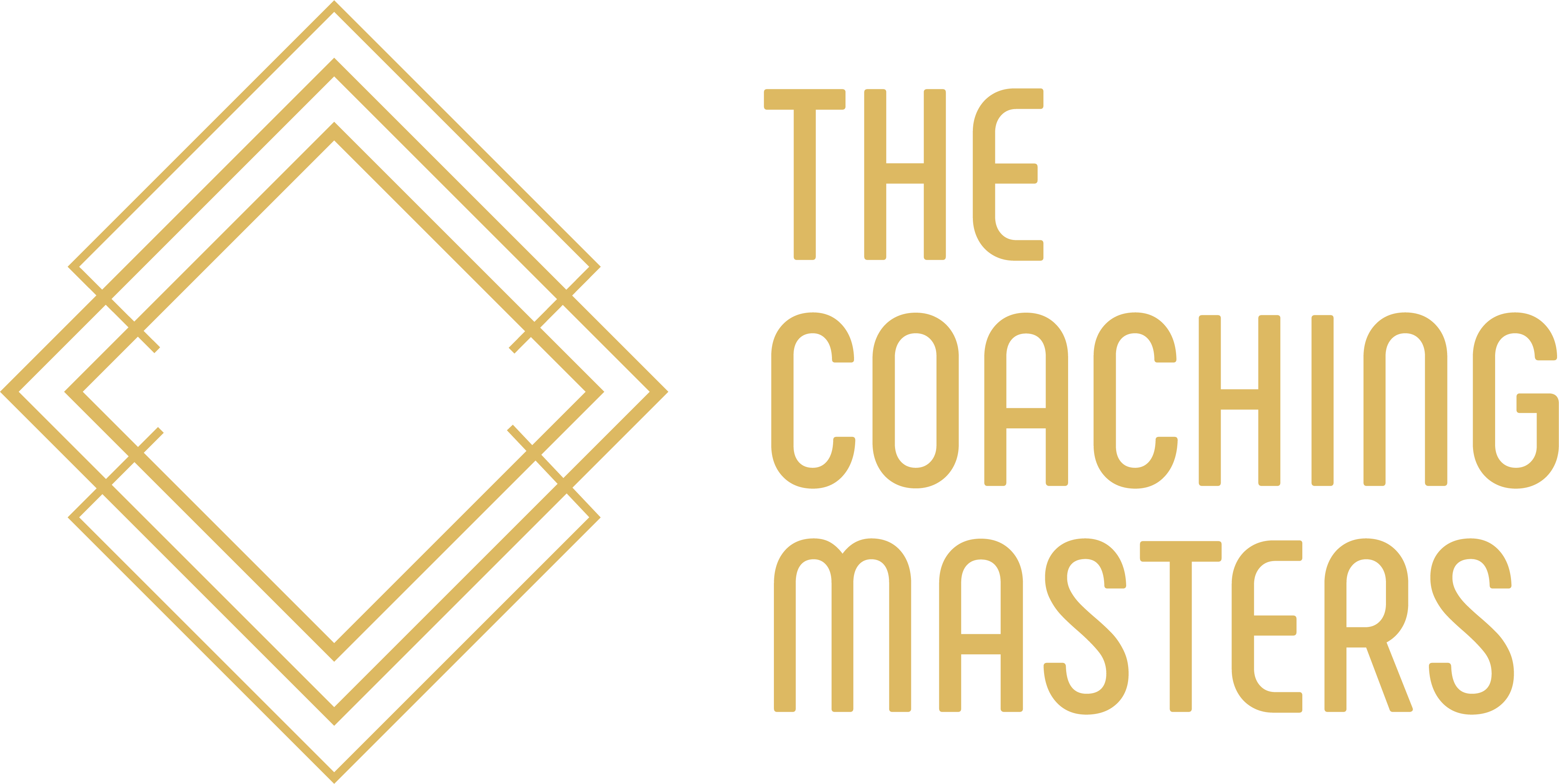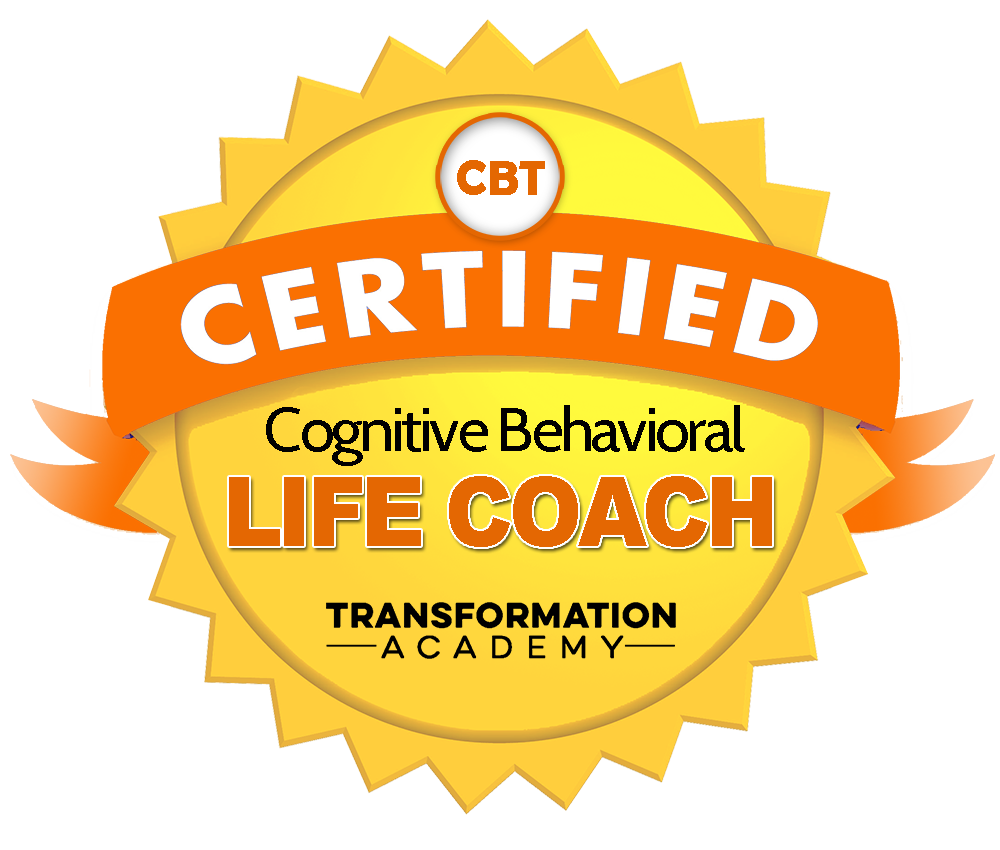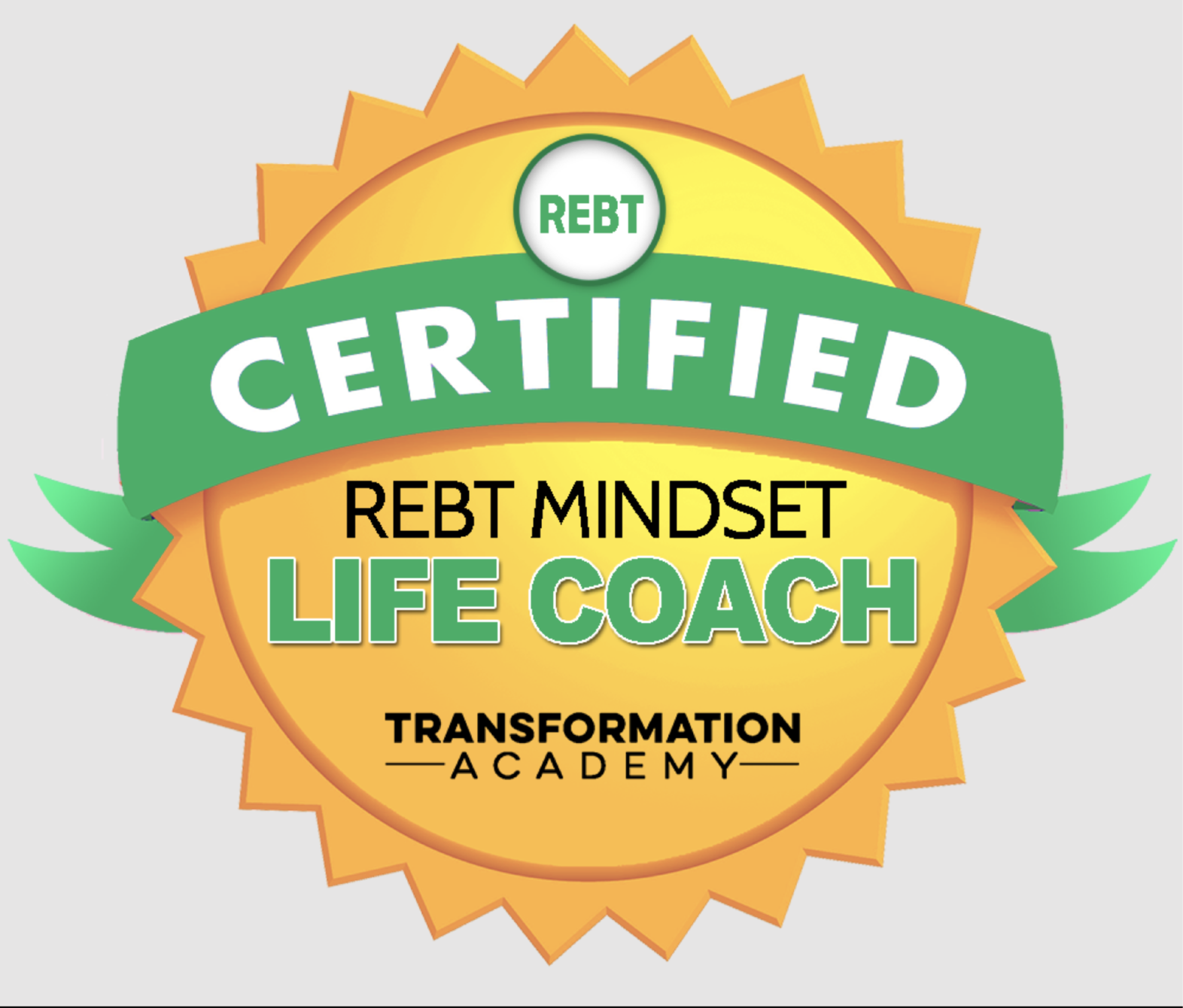Setting Goals

The Blueprint for Success
Setting goals is a powerful process that transforms visions of the future into reality. It’s a dynamic journey that involves envisioning your ideal outcomes, breaking them down into manageable steps, and persistently pursuing them. Whether you’re aiming for personal, professional, or academic success, goal setting is the foundation of all achievements. In this article, we’ll explore the importance of setting goals, how to set effective goals, and strategies to stay motivated and on track.
The Importance of Setting Goals
Goals provide direction and purpose. Without them, it’s easy to drift through life without a clear sense of where you’re headed. Here’s why setting goals is crucial:
1. **Clarity and Focus**: Goals help you define what you want to achieve, providing a clear roadmap for your actions. They prevent you from wasting time on unproductive activities and keep you focused on what truly matters.
2. **Motivation and Commitment**: Having specific goals boosts your motivation. They give you a reason to push forward, even when faced with obstacles. The desire to achieve your goals fuels your commitment and perseverance.
3. **Measure Progress**: Goals allow you to measure your progress. By setting milestones and tracking your achievements, you can see how far you’ve come and identify areas that need improvement.
4. **Self-Confidence**: Achieving goals builds self-confidence. Each accomplishment, no matter how small, reinforces your belief in your abilities and encourages you to set and pursue even more ambitious goals.
How to Set Effective Goals
Setting goals is more than just deciding what you want. It’s about creating a strategic plan that guides you towards success. Here’s how to set effective goals:
1. Be Specific
Vague goals lead to vague results. Be as specific as possible when defining your goals. Instead of saying, “I want to be healthier,” specify, “I want to lose 10 pounds in three months by exercising five times a week and eating a balanced diet.” Specific goals provide a clear target to aim for and make it easier to develop a plan of action.
2. Make Them Measurable
Ensure your goals are measurable so you can track your progress. This involves setting criteria for success. For example, if your goal is to improve your writing skills, you might measure progress by the number of articles you write each month or the feedback you receive from peers.
3. Ensure They Are Achievable
Setting unrealistic goals can lead to frustration and demotivation. While it’s important to challenge yourself, ensure your goals are attainable. Consider your current resources, skills, and time constraints when setting goals. If your goal is to run a marathon but you’ve never run before, start with smaller, more achievable goals like running a 5K.
4. Be Relevant
Your goals should align with your broader life objectives and values. Ask yourself why the goal is important to you and how it contributes to your overall vision. Relevant goals are more motivating and ensure you’re investing your efforts in meaningful pursuits.
5. Set Time-Bound Goals
Deadlines create a sense of urgency and help you stay focused. Set a realistic timeframe for achieving your goals. For instance, instead of saying, “I want to learn Spanish,” set a deadline like, “I want to be conversational in Spanish within six months.”
6. Write Them Down
Writing your goals down makes them tangible and increases your commitment. Keep your written goals visible as a constant reminder of what you’re working towards.
Strategies to Stay Motivated and On Track
Setting goals is the first step, but staying motivated and on track is crucial for success. Here are some strategies to help you along the way:
1. Break Down Goals into Smaller Steps
Large goals can be overwhelming. Break them down into smaller, manageable steps. Each small achievement brings you closer to your larger goal and keeps you motivated.
2. Create an Action Plan
Develop a detailed action plan outlining the steps you need to take to achieve your goals. This includes setting deadlines for each step, identifying potential obstacles, and determining how you’ll overcome them.
3. Stay Accountable
Share your goals with someone you trust or join a support group. Accountability partners can provide encouragement, offer advice, and keep you on track. Regularly update them on your progress and challenges.
4. Celebrate Milestones
Celebrate your progress along the way. Acknowledging and rewarding yourself for small achievements boosts morale and keeps you motivated. It’s important to recognise how far you’ve come rather than just focusing on how far you have to go.
5. Stay Flexible
Life is unpredictable, and sometimes your goals or circumstances may change. Stay flexible and be willing to adjust your goals and action plans as needed. Flexibility allows you to adapt to new opportunities and challenges without losing sight of your ultimate objectives.
6. Visualise Success
Visualisation is a powerful tool. Regularly take time to visualise yourself achieving your goals. Imagine the process, the challenges you’ll overcome, and the satisfaction of reaching your objectives. This mental rehearsal can increase your confidence and motivation.
7. Maintain a Positive Mindset
A positive mindset is crucial for overcoming setbacks and staying committed to your goals. Practice self-compassion, focus on your strengths, and remind yourself of past successes. Surround yourself with positive influences and engage in activities that uplift your spirits.
Conclusion
Setting goals is a fundamental practice for anyone striving for success and fulfilment. By defining clear, measurable, achievable, relevant, and time-bound goals, you create a roadmap for your journey. Implementing strategies to stay motivated and on track ensures that you can overcome obstacles and maintain progress. Remember, the journey towards achieving your goals is as important as the destination. Embrace the process, celebrate your milestones, and keep moving forward with determination and resilience. Through consistent effort and commitment, you can transform your aspirations into reality and create the life you desire.
Click the link below to book your free clarity call or free virtual coffee chat.
Grab a copy of our newletter by completing the form below, this will then be sent to your inbox every month.
My Affirmation For The Week
"Creativity is contagious. Pass it on."









